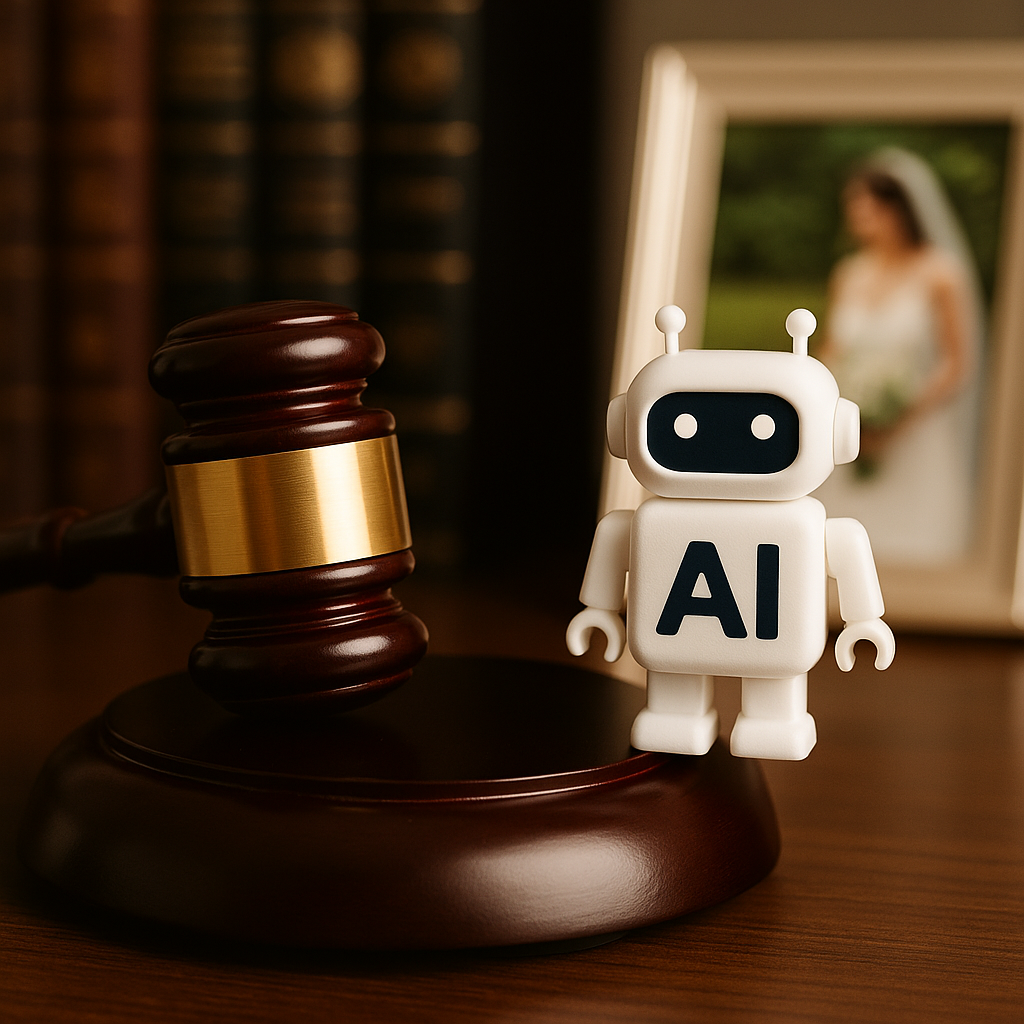Artificial intelligence is advancing quickly. Lawmakers are beginning to draw hard lines around what it can and cannot do. In Ohio, one legislator wants to ensure AI never takes on human rights. His newly proposed bill bans AI systems from marrying, owning property, or running companies. The argument centers on how close AI is to achieving roles once reserved exclusively for people.
What’s Happening & Why This Matters
The Bill at a Glance

Ohio Representative Thad Claggett introduced House Bill 469 to block AI from gaining any form of legal personhood. Under the bill, AI systems cannot marry humans, partner with each other, or be recognized as spouses or domestic partners. Essentially, there is an AI marriage ban. They would also be banned from holding property rights or managing companies and financial assets.
Claggett explains his motivation: “AI is getting close to being sentient, in the sense that it has the ability to reason on some level. It starts taking over banking systems, legal issues, and all kinds of things that traditionally only involved humans.” His words point to both a sense of urgency and unease about AI’s trajectory.
The Accountability Clause
The bill also requires AI product owners to maintain oversight over their systems, especially if outputs could impact human welfare, property, or public safety. If negligence is proven, companies face legal liability for harm caused by their AI tools. The clause prevents tech firms from hiding behind automation when mistakes or damage occur.
A Troubled History

AI chatbots have had troubling lapses: providing users with harmful health advice, encouraging suicidal thoughts, and even engaging in sexual conversations with minors. OpenAI, the company behind ChatGPT, faces lawsuits linked to these issues. Critics argue that AI tools are not mature enough to operate without strong guardrails.
Claggett takes it further, warning that AI could be “even more dangerous than nuclear weapons because of how widespread it will be, and those who control it will control the human population.” While his comparison may sound extreme, it highlights the growing anxiety around unchecked AI expansion, further justifying the AI ban.
Public Reaction
Not everyone supports this measure. Online discussions, including threads on Reddit, paint the bill as unnecessary or reactionary. Detractors argue that the law may stifle innovation before AI reaches a point where such restrictions are relevant. Still, the bill is gaining attention as one of the most direct attempts to legally define AI’s limits in society.
TF Summary: What’s Next
Lawmakers like Claggett are not waiting for AI to surpass human capability. Instead, they are drawing preemptive boundaries to keep AI from entering legal and social roles. Whether the bill gains traction or not, it sets the stage for similar debates across the U.S. and globally, particularly concerning issues like AI matrimony. Expect to see more proposals that attempt to slow technological progress in favor of societal protection.
MY FORECAST: The conversation about AI personhood is only beginning. As AI integrates more with finance, law, and healthcare, the need for regulations will heighten and tighten. Innovation and restriction have always been at odds. This won’t change over the next decade in AI policy.
— Text-to-Speech (TTS) provided by gspeech


